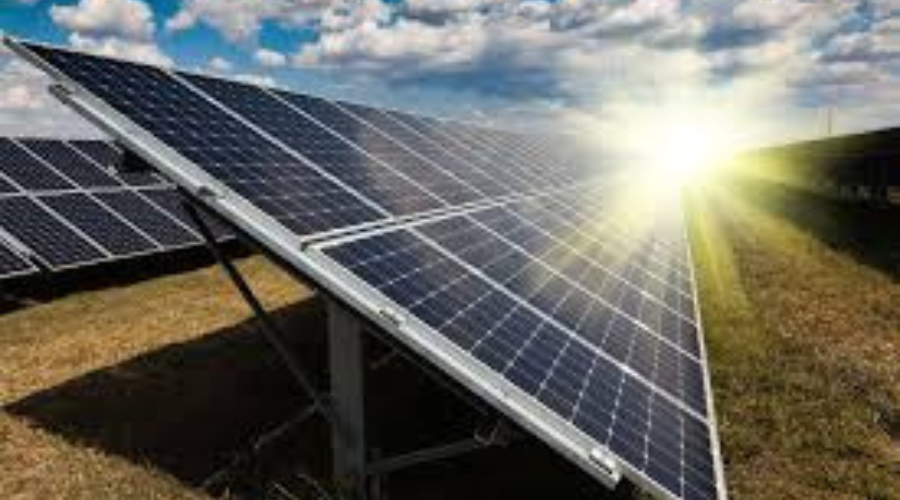
The future of solar seems promising. Solar panels are commonly used in homes,businesses and even large scale solar farms to generate electricity and reduce reliance on traditional energy sources like fossil fuels.With significant federal investments in the renewable energy sector, tax breaks, and energy price volatility, consumer demand for solar is increasing. That demand also pushes innovation and production in the industry, so as a business, you have many options for buying solar panels and solar lamps. Professional installation services will always need to discover the most dependable solar panel equipment providers to suit the needs of an increasingly informed customer base. In this blog, we will give you in-depth guidance on choosing a reliable solar panel supplier that delivers a satisfying service.
Wholesalers in any industry, including solar panels, are of several kinds and follow different business models. All wholesalers specialize in distribution and are experts in managing supply chains.
There are several kinds of wholesalers. Some have a wide range of products, while others have limited product diversity.
Merchant wholesalers: Merchant wholesalers of solar panel equipment have multiple warehouses and many brands in their inventory.
Distributors: These are identical to merchant wholesalers but differ in one aspect: They have a limited supply of brands. Distributors only have solar panels from top solar brands that are well-known in the market.
Agent Wholesalers: These wholesalers do not own the inventory and are representatives of manufacturers and other sellers. They are involved in all steps of the buying process, such as negotiating the contract, delivering the product, and collecting payment.
Choosing the right type of wholesaler depends on your required product and service. If you want a specific brand, a distributor would fit your standards. But if you are a big business that wants to buy a whole setup instead of a unit, an agent wholesaler will be a more suitable match. They can guide you regarding the various solar solutions and give you specialized advice.
This factor is unsurprisingly the most important. The main determinant of a solar panel system is its manufacturing cost. Although you may be tempted to go for the cheapest option, you will end up buying an inferior-quality item. Hence, we recommend that you do a price comparison with at least three suppliers. This will allow you to have a reliable estimate regarding your investment without compromising on quality.
Doing a background check on the supplier's market reputation is crucial to prevent yourself from getting scammed. A major barrier against getting information regarding a wholesale solar panel supplier is that the industry is not very well-established, as solar panels are a relatively new technology. New brands emerge very quickly in this industry, and many other brands fail or go bankrupt. Connecting with a solar equipment broker is one way to get reliable information. These agents know all about the trending solar panel equipment deals in the market. They have expertise in handling goods and linking with the secondary market through the Internet. Such brokers can help you gain proper information regarding the supplier's record and reviews from previous customers.
Apart from pricing, this is another crucial factor when selecting a solar panel supplier. Solar panels are a new technology, and few people are familiar with their work. You need to ask about what type of dedicated after-sales service and technical support the supplier provides before signing up with them for the long term. If there is a technical malfunction, how many points of contact does the supplier provide? Solar panels need regular maintenance, and if you are buying a whole setup, many wholesalers also offer a maintenance crew that visits periodically. Most well-reputed solar panel suppliers have a live chat option, a contact number, and an email address. Hence, technical issues can be troubleshooted efficiently with online assistance through multiple contact points.
The solar panel industry is an unpredictable market where many innovations are taking place, and better products are constantly being launched. Since so many new products emerge regularly, older products can quickly become outdated. Hence, a supplier that does not update its inventory is selling obsolete products, and partnering with such a supplier is a recipe for getting overpriced, outdated products. Hence, ascertain how often the supplier markets new products before choosing a supplier.
The decision to select the right wholesale solar panels supplier is, therefore, greatly influential to the success of your business. A reliable supplier of solar products means quality, standard, and reasonable prices, which affect reputation and profitability. In this case, before making a final decision about the supplier, some factors should be considered, including evaluating their products' quality, certification, and market status.